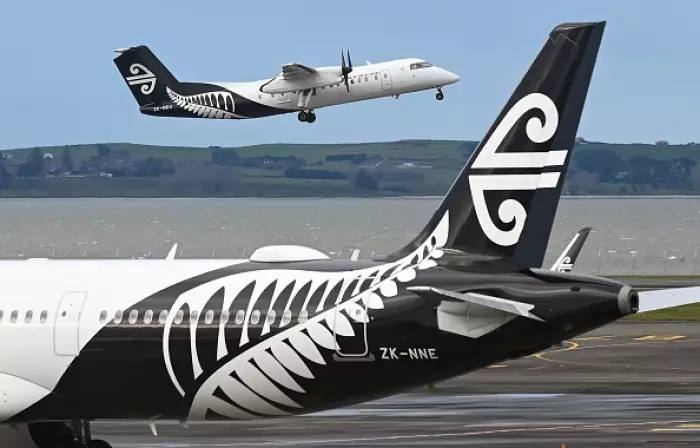Demand down and supply up Worries about depressing effects on global economic growth of covid lockdowns in China’s manufacturing hubs of Shenzen and Shanghai and talks of more oil supply out of the UAE and Iran helped drive oil prices down more than 6% overnight. West Texas Intermediate fell 6.1%% to US$96.84/barrel and Brent Crude futures fell 6.0% to US$100.48/barrel. Prices are now down 27% from last week’s 14-year high of over US$139/barrel. Hopes are growing an Iran nuclear deal is possible after Russia said the United States had agreed that its sanctions would not affect Russia’s trade with Iran. A deal would allow Iran to increase oil production. (CNBC)
‘As big as Evergreen’ Fresh covid lockdowns in China’s manufacturing and shipping hubs of Guangdong and Shanghai forced scores of factories to close yesterday, including those making Apple’s iPhone. Shanghai ordered residents not to leave the city, which has a population of almost 25 million. It also advised bankers and other office workers to work from home. Shipping and logistics experts worry that closures of ports near these cities could prove as disruptive to supply chains as the Evergreen’s blockage a year ago. Chinese stocks fell almost 6% overnight, extending the market’s rout to the worst fall since 2008. (Reuters)
Will China be sanctioned too? Concerns are growing about China’s apparent support for Russia in the Ukraine war and the potential for the United States and Europe to impose secondary sanctions on the world’s biggest manufacturer that could cripple globalisation. US and Chinese officials met in Rome yesterday for seven hours of decidedly frosty talks that saw an exchange of threats and accusations. US officials accused China of having already made up its mind to send drones and missiles to help Russia in Ukraine. In return, China threatened its own unspecified retaliations if the United States and Europe imposed secondary sanctions on it after helping Russian banks avoid the west’s sanctions. (FT-$$$)
German confidence crashes Fund managers are the least confident they’ve been about economic growth since early 2020 as signs mount that demand destruction of consumer demand from higher prices and higher interest rates are adding to the shock in Europe of Russia’s invasion of Ukraine. Germany reported overnight that its ZEW survey found a crash in confidence in February to its lowest level since the early 2020 depths of the pandemic. (Bloomberg) Also, US Producer Prices Inflation in February was slightly less than expected, adding to expectations the US Federal Reserve can limit the size of its rate hikes, which are expected to start tomorrow morning NZ Time. (Reuters)
Early tourist opening The government is expected to announce later today that tourists from Australia and other visa-waiver countries such as Britain, the United States and the European Union will all be able to enter without having to go through MIQ or self-isolate from early April, rather than initial plans for a July start. The final opening in October of non-waiver countries, including China, India and the Philippines, is also expected to be brought forward. Stuff reported early April as the start date and the NZ Herald reported it would be April 12, which is the same return date as is currently the case for international students and temporary visa holders. (Stuff, NZ Herald)
Fresh on BusinessDesk this morning
David Chaplin writes his weekly column about the schadenfreude the flowed New Zealand funds management community last week over the FMA’s cease-and-desist order against Simplicity.
Ian Llewellyn writes the government’s decision to partially cut petrol taxes is a victory for political pragmatism over policy purity, but it does raise questions about the future direction of climate change policy.






